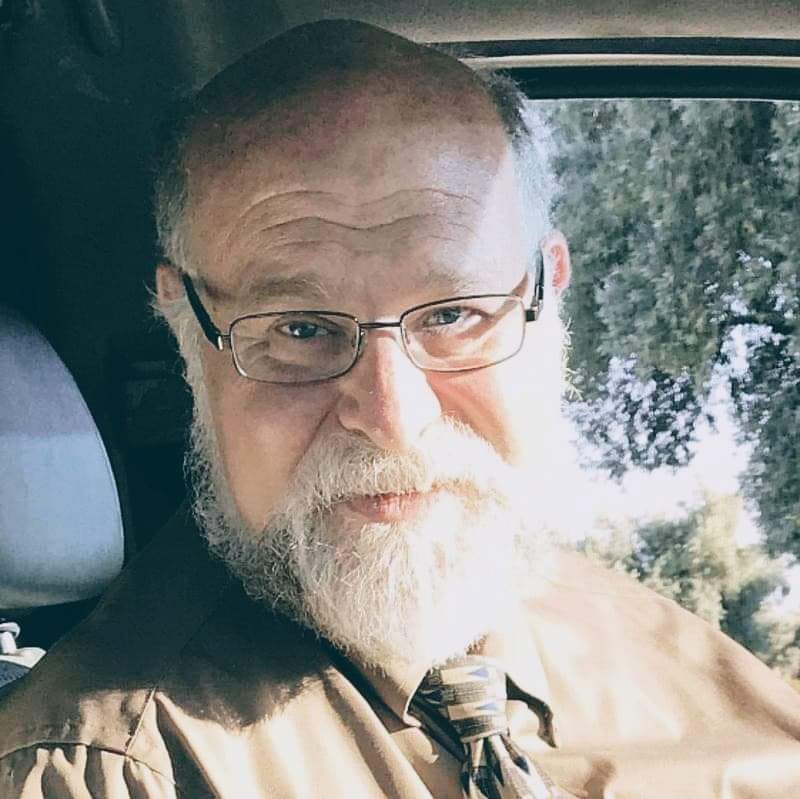Where possible, we will provide links to YouTube videos and songs that are available publicly. Feel free to search out longer versions of some of the tunes if you wish. Several of us have added narratives about why these songs were important to us and to Joe. More will be added soon.
Listen to anything by Hinda Hoffman. She is Joe’s sister, and he was her biggest fan. He drove around with a car full of her CDs and generously gave them away.
I Just Found Out About Love, Hinda Hoffman
Who Will Your Next Fool Be, Hinda Hoffman Trio @ Rogers Park Social / Side Car Bar in Chicago
Estate, Hinda Hoffman Trio @ Rogers Park Social / Sidecar Bar in Chicago
Comes Love, Hinda Hoffman Trio @ Rogers Park Social / Sidecar Bar in Chicago
“I went through the music on Joe’s phone. As you can imagine, the list is very eclectic. I picked out some of Joe’s favorite songs. I also selected what looked like Joe’s favorite political, jazz and other tunes, listed here for people to listen to at their leisure.” ~ Charles Hoffman (Joe’s brother)
Hallelujah, Leonard Cohen
When I’m Gone, Phil Ochs
A Dying Cub Fan’s Last Request, Steve Goodman
Political Songs:
National Brotherhood Week, Tom Lehrer
There is Power in a Union, Utah Phillips
I Shall Be Released, Bob Dylan
The Revolution Will Not Be Televised, Gil Scott-Heron
Communist Sympathizer, Biff Rose
I Hate the Capitalist System, Barbara Dane
Jazz:
Forest Flower, Charles Lloyd
Compared to What, Les McCann & Eddie Harris
The Creator Has a Master Plan, Pharoah Sanders
Miscellaneous:
Sisters of Mercy, Leonard Cohen
(Joe told Jan this himself: dedicated to the Osborn sisters – Irene, Linda, Yolanda, Sabrina – and Jan Carpenter Tucker)
Midnight Special, Leadbelly
How Can I Miss You if You Won’t Go Away? Dan Hicks and His Hot Licks
In Spite of Ourselves, John Prine & Iris DeMent
Since I Laid My Burden Down, Mississippi John Hurt
Bookends Theme, Simon & Garfunkel
And When I Die, Laura Nyro
From Floyd Webb:
What Joe and I listened to at the beginning of our Gideon’s Babble relationship was Charles Mingus’ Haitian Fight Song, from the 1957 Album, The Clown, whose title Joe immediately identified with. Coltrane, especially A Love Supreme, and Yusef Lateef. I was new to the music and what fascinated me about Joe is he was open to everything musically. The boy was raised well!! We grew in the shadow of so much genius.
What i remember: Gideon’s Babble Playlist from the basement: Please feel free to add songs you remembered we were listening to.
On “Haitian Fight Song,” Mingus said, “I’d say this song has a contemporary folk feeling. My solo in it is a deeply concentrated one. I can’t play it right unless I’m thinking about prejudice and hate and persecution, and how unfair it is. There’s sadness and cries in it, but also determination. And it usually ends with my feeling: ‘I told them! I hope somebody heard me.’ “
A Love Supreme was widely recognized as a work of deep spirituality and analyzed with religious subtext, although cultural studies scholars Richard W. Santana and Gregory Erickson argued that the “avant-garde jazz suite” could be interpreted otherwise.[26] According to music professor Ingrid Monson of Harvard University, the album was an exemplary recording of modal jazz.[27] Nick Dedina wrote on the Rhapsody web site that the music ranged from free jazz and hard bop to sui generis gospel music in “an epic aural poem to man’s place in God’s plan”.[28] Calling it a “legendary album-long hymn of praise”, Rolling Stone said that “Coltrane’s majestic, often violent blowing (famously described as ‘sheets of sound’) is never self-aggrandizing” and that he is “aloft with his classic quartet”, “soar[ing] with nothing but gratitude and joy” on a compelling journey for listeners.[5] The Rolling Stone Jazz Record Guide (1985) said that “each man performs with eloquence and economy”, while calling the album “the masterpiece from the quartet’s studio work”, “the first comprehensive statement of Coltrane’s spiritual concerns”, and “the cornerstone of many Coltrane collections.”
Now we cannot forget. FIRESIGN THEATER, there’s gotta be comedy.
Land of the Pharoahs (Ancient Egyptshine Holograms)
Nick Danger.(A 2 bit ring from a Backerjack Cox)
Nor can we forget Zappa
Brown Shoes Don’t Make it
The title was inspired by an event covered by Time magazine reporter Hugh Sidey in 1966.[2] The reporter correctly guessed that something was amiss when the fastidiously dressed President Lyndon B. Johnson made the sartorial faux pas of wearing brown shoes with a gray suit. Johnson flew to Vietnam for a surprise public relations visit later that day.
The song was written in April 1966 during a trip to Honolulu where The Mothers played for a week at a club called “Da Swamp”. The lyrics are derived from Zappa’s belief that people who make laws are sexually maladjusted. It starts as a general attack on suburban American society: TV, greed and conformity are all mocked openly. The story then moves to a city hall official fantasizing about having sex with a thirteen-year-old girl.
The music makes several stylistic shifts, covering hard rock, classical, psychedelic rock, music hall and jazz. It is cited by AllMusic as being a “condensed two-hour musical”. The song lasts 7:30 and is the twelfth track (fourteenth on CD reissues) on Absolutely Free. According to Zappa, the beginning background music was inspired by Lightnin’ Slim’s “Have Your Way”.
Tommy: The Who
See Me, Feel Me,
